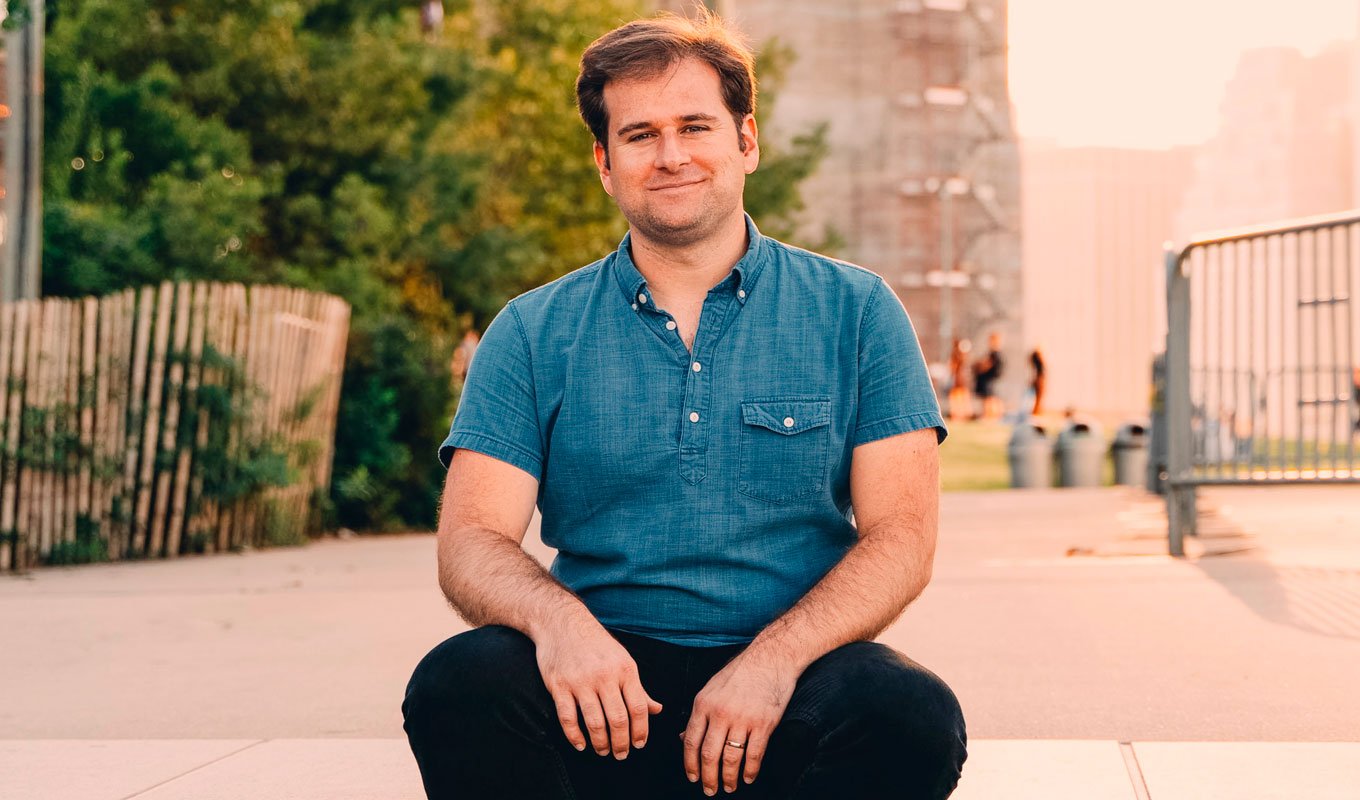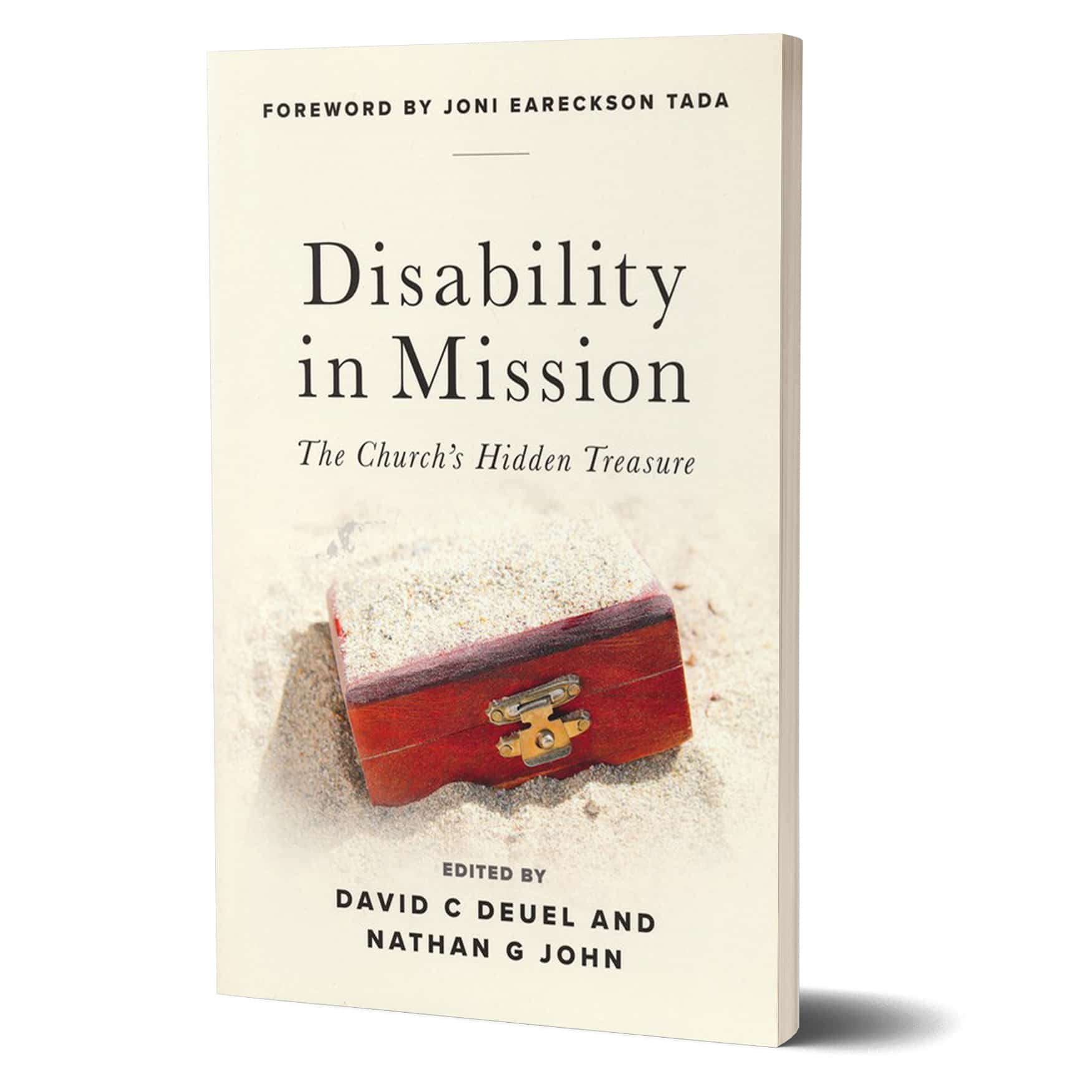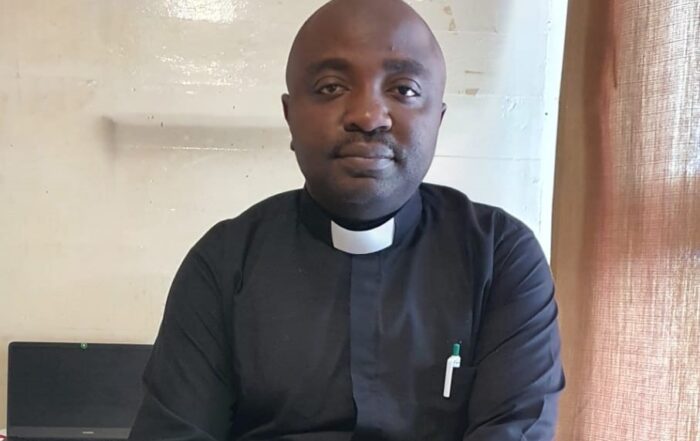Mission to One

COVID-19 separated us dangerously. As in any crisis, the threats of the virus disproportionately affected the vulnerable and marginalized. Hospitals had no choice but to conserve very limited medical supplies. Without serious advocacy and intervention, this meant that people with disabilities were often last in line, in some cases, left alone to fend for themselves. But not everyone.
Rediscover the individual
Do For One, a ministry in NYC, connects people with developmental disabilities (they call ‘partners’) one-to-one to those that don’t (called ‘advocates’) with the conviction that real relationship will change the lives of every individual, both partners and advocates, and in so doing, change entire churches and communities.
In this story, Andrew Oliver, founder and director of Do For One, shares lessons learned during the earliest days of COVID-19 that drove many people further apart but brought the Do For One community closer together. It is a lesson about putting aside groupthink and rediscovering the individual.
COVID-19 separated us
All throughout 2020, there was anxiety among aging parents who still cared for their adult children with disabilities. That’s because the parents were unable to leave their apartments to help them. Some people with disabilities were entirely cut off from family and friends because they lived in nursing homes. Still, others were afraid of medical rationing at the hospital because they thought that they might catch the virus if they went there.
Do For One advocates whose ministry focuses on individuals stepped in to help as they were able. It became clear that person-to-person relationship support was essential throughout the pandemic. Advocates responded to their partners beautifully, thoughtfully, and safely by making daily phone calls, delivering groceries and medications, helping people transition into new homes, and sending care packages. Most critically, they prayed together.
 Fully present and safely distant
Fully present and safely distant
Andrew says, “at the beginning of the pandemic, we identified a deep need for a strong sense of virtual community. We were in this together.”
A question that challenged those of us who lead a disability ministry is “How can we be fully present and safely distant during these times?”
As ministry leaders, we held enormous challenges in one hand and once-in-a-lifetime opportunities in the other. COVID-19 exposed the negative impacts of social exclusion for many with disabilities were exposed like never before.
The heartbreaking reality is that the careful planning for people with disabilities to be included in the community has been shredded.
That’s a tragic loss. But the opportunity is that these old patterns that devalued and exclude have been exposed and shaken. This makes room for us to mend our broken communities. The old pattern was to separate and isolate people with disabilities; the new pattern is for them to form unlikely alliances in community that can only be found in Christ. (Matthew 9:16–17).
Gather virtually; pray passionately
What does it mean to meet the needs of persons with disabling conditions in the COVID-19 outbreaks, but also break away from old discriminating patterns of social isolation? Andrew said to the Do For One community of partners and advocates,
“I’m inviting you to a special prayer call we’re hosting next week. On Wednesday, April 15th from 7-8pm, I’d like to invite you to pray with and for people with disabilities on a ZOOM call.” I continued in my first appeal to people who represented a few churches, people with disabilities, and their families or service providers. We’ll use Psalm 16 as our guide.”

We followed a simple format at these prayer meetings. Some use the video link and others use the call-in option. At each meeting someone picked a Psalm for us to focus on, or a few verses in a Psalm. The facilitator broke the Psalm into simple themes and prepared a reflective word to share before we took turns praying into a theme. For example, Psalm 16:1 led us to ask God to help us with the things we were afraid of.
We provide just enough structure so that we were grounded in the word and flexible enough to leave room for the Spirit (1 Corinthians 14:26-33). Before these prayer meetings, we all felt so disoriented and far away from each other. It was through these prayer meetings that God made a way for us to be stitched back together. Only this time, he was doing something new. We felt the power of the Holy Spirit among us in a way not felt before and there was even stronger unity across every race, disability, age, and yes, physical distance.
We’d become even more of a community due to the pressures of the virus.
After all, didn’t the Apostle Paul say,
“On the contrary, those parts of the body that seem to be weaker are indispensable.”
1 Corinthians 12: 22
Innovate discipleship and fellowship
What can we all learn from this unexpected blessing? Very simply, the church is incomplete without people with disabilities and yet our old way of discipleship and fellowship excluded them. The new opportunity was that the challenges of the pandemic left plenty of room to experiment and try new things. We found that more and more people were aware of and could relate to the effects of social isolation and were open to implementing new ideas in their communities. That’s why I say now is the time to make the change in our fellowship.
How can we all do this? At Do For One, we are doing this in two ways: through prayer and hospitality. Of course, during these times of physical distancing and face masks, creative hospitality is required. Consider working with local churches by inviting members into a time of prayer with and for people with disabilities you serve. This allows God to create a pathway in all of our hearts for the indispensable parts to be woven into the body of Christ.
At our prayer meetings, we are all learning how to pray as Jesus instructs us (Matthew 6: 7). We are learning that prayer should be from the heart and easy to understand. No one is impressed with Christian cliches and intellectual words. When someone is done praying, we’ve learned to leave plenty of space and time for others to work up the courage to pray. Notice that these lessons do not apply to some “special” prayer meeting. These lessons apply to a church that is forming a new way of life together. Stripping away all pretension and showiness, we live vulnerably and transparently as a true community united.
So that someone else can shine.
Let’s be clear. It is not a time for us to pray for them; we must pray with them. The ultimate lesson here is that we need each other. We learn to be vulnerable and share our needs in a whole new way. When Do For One leader, Kimberly Fraser invited her small group to pray with us, she said,
“The isolation we are all experiencing right now is a daily reality over a lifetime for our marginalized brothers and sisters. The daily inability to connect with the warmth of a loved one or friend, the lack of freedom to come and go as you please, the inability to just go outside to feel some sunlight on your face – people with disabilities live this day in and day out.”
Devon, a musician, joined our prayer meeting. When we ended at 8pm, some stayed a little longer to listen to him playing hymns on his keyboard (even despite the static of ZOOM audio). Devon has faced a lifetime of social isolation through countless times that people have distanced themselves out of fear of him on the New York City subways. The black, broad-shouldered, autistic man says,
“When I try to do good to people, they would not care what I say, they just want to be left alone because they think I’m being trouble to them. And that’s really sad. That’s really sad that they don’t want to hear what I have to say.” His tone shifted to an exhortation and added, “You know what, it kind of reminds me of Jesus that He had been through that fate.”
At one of our prayer meetings, Devon ended his prayer by saying something that captures the essence of when prayer and creative hospitality is combined.
“OK I’m done praying so that someone else can shine.”
Devon is in a one-to-one relationship with his advocate Ben. Ben says this about Devon:
“One of the biggest joys of our relationship is that it’s mutual. It’s a two-way street.”
Devon says this about Ben,
“We not only have free virtual music mentoring sessions, but I can talk to him about things that friends talk about. When I’m feeling down on myself, I can talk to Benjamin about what’s on my mind.”
This level of trust and openness comes from Praying with versus praying for.
A way forward
Our world is hurting now. It’s not just from COVID-19 but from the spiritual malnourishment of not regularly worshipping together. And it’s not over.
We need a fresh wind of the Spirit for what’s to come.
We’re only beginning to see the long-term effects of the pandemic. Consider a lesson from recent history. Nearly half of the people affected by Hurricane Katrina developed a mental disorder due to the loss of their homes, loved ones, income, and financial security. We need to find more ways to be fully present but safely distant.
So where does the church go from here? Local churches that learn to welcome people with disabilities could lead the way because of the gifts they would bring to the wider Body of Christ. Now, more than ever before is our opportunity to stitch a new garment through prayer and creative hospitality. But there is no question that the way forward in fighting social isolation which crushes people with disabling conditions with one on one relationships. This should not surprise us. We all need it.
Written By—Andrew Oliver
Andrew Oliver is Founder and Director of Do For One NYC and serves as Worship Director at Hope Astoria Church.
Edited by David C. Deuel & Nathan G. John
Disability in Mission
Disability in Mission: The Church’s Hidden Treasure outlines a radical change in approaches to missiology, missions, and praxis for the twenty-first-century global cultural context. It explores a pattern whereby God works powerfully in missions through disability and not in spite of it.

 Fully present and safely distant
Fully present and safely distant




